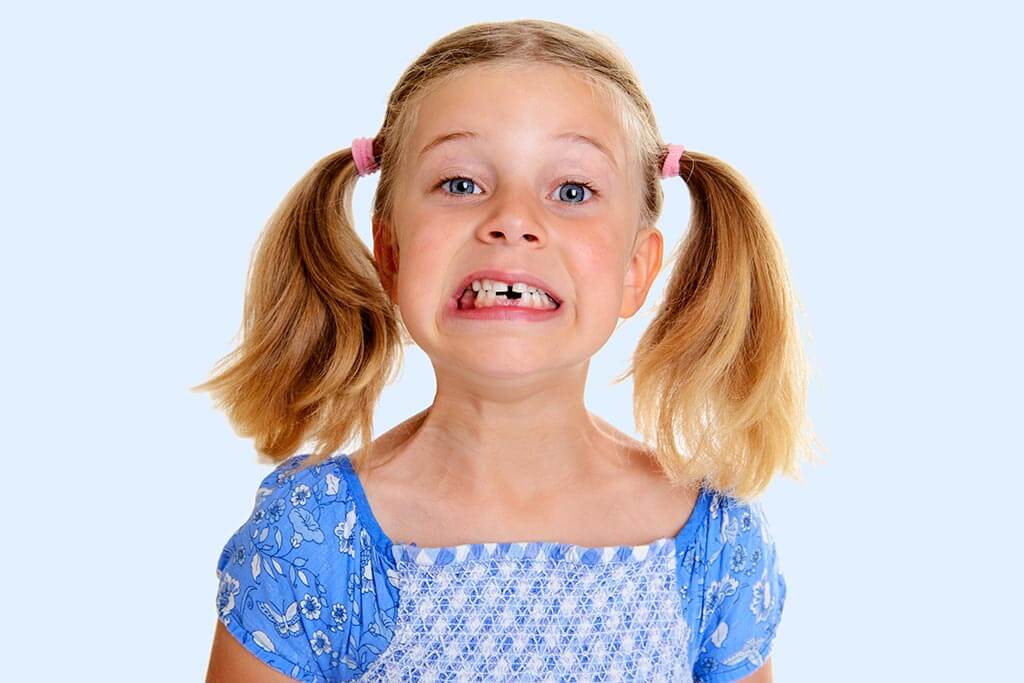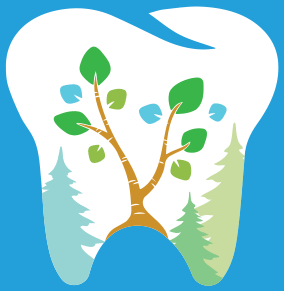
Teeth grinding (Bruxism) is generally not something you, as a parent, should worry about. Grinding of teeth is very common, from the first tooth’s eruption until around age 6 (or when the 6-year molars erupt). The general rule of thumb is that it sounds worse than what it really is.
Some feel grinding is a normal part of growth and development. One theory is that children are searching for a more stable bite. Once those big molars come in around age 6, then stability is achieved and grinding decreases. Others feel it is part of an undeveloped nervous system and that grinding slows down once things mature. Regardless, a small percentage of patients do grind significantly after age 6. The telltale signs are the noise, jaw pain and obviously worn or flattened permanent incisors and molars.
If it does appear that there is significant wear of primary teeth and more notably, permanent teeth, then a night guard is something to consider. A soft custom-made mouth guard, typically fitted over the upper teeth and worn primarily at night can spare the wear on enamel for an indefinite period of time. It is hoped that at some time in the future, the grinding would slow down or stop. Sometimes stress can be an initiating factor for grinding. Periodic grinding that comes and goes depending on circumstances is to be expected. Long term chronic grinding is more of a treatable issue.
As a patient reaches adolescence, sometimes orthodontics can align teeth in a more favorable position and alleviated the wear and perhaps disrupt the habit if it lingers past the typical self-limiting associated age. We check our patients for any signs of excess enamel wear and then talk with parents on what they experience at home with noise from grinding at each checkup.
If you notice anything of concern with your child’s teeth in between checkups, we are happy to look with you in office on short notice and decide if any treatment is even necessary.

